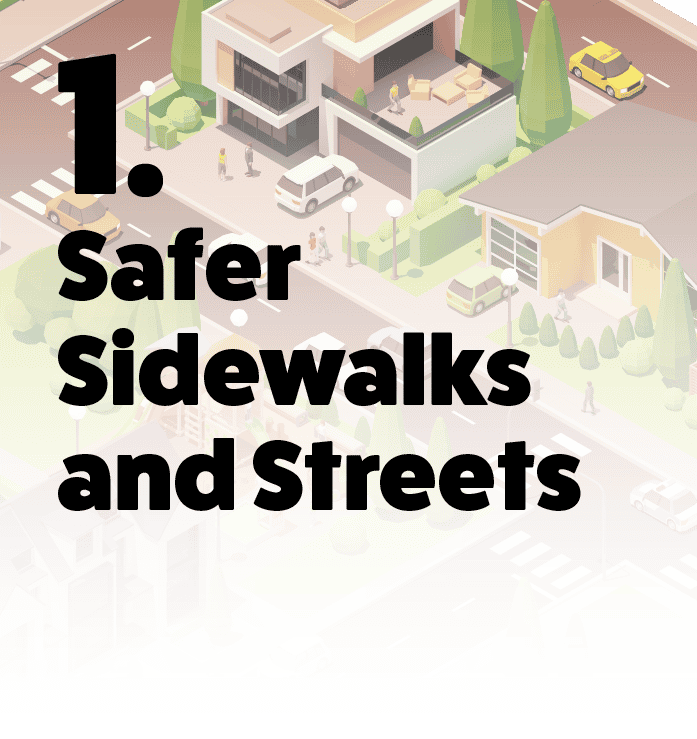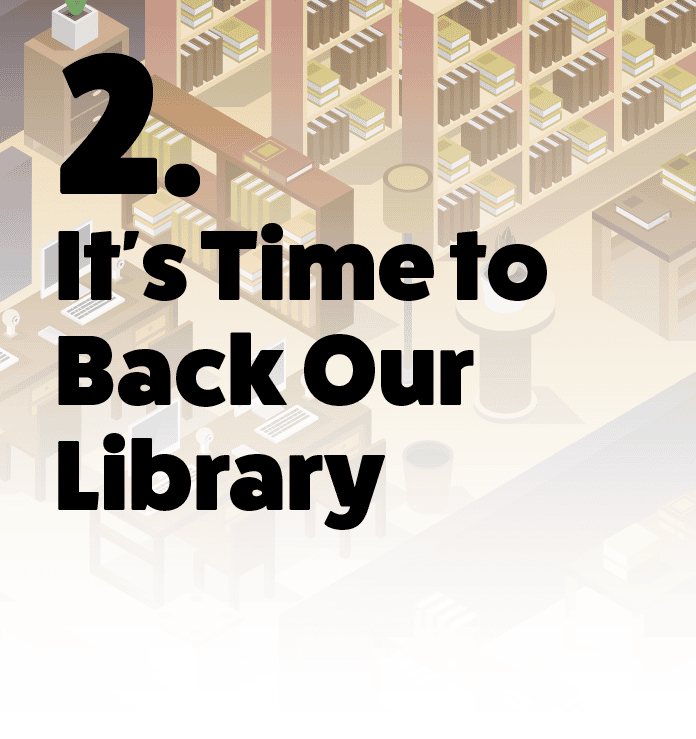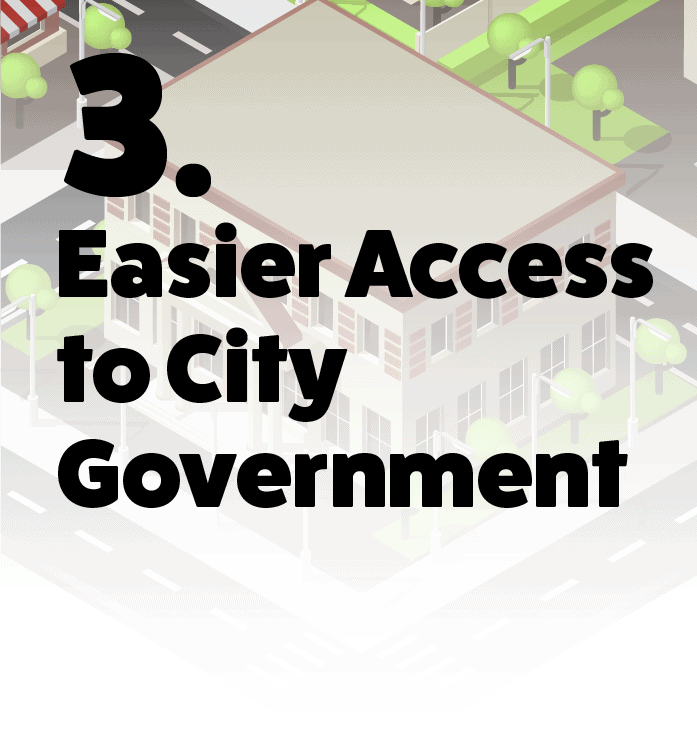I like paying taxes.
[GASP!]Not a popular campaign message, right?
But don’t worry! Something I like even more than paying taxes is not paying taxes. Believe it or not, you can willingly pay and appreciate taxes while still wanting to keep as much of your own money as possible.
In Highland, our tax dollars are responsibly. They pay for all of the amazing characteristics of this city that we love, as well as funding the trails, parks, open spaces, and services that make this city such a great place to live. I’m proud that my taxes go toward keeping Highland beautiful, functional, and well-run — not just for my family, but for yours, too.
That said, tax dollars are sacred. They should only be spent with transparency, frugality, and community support. We can’t afford to be careless, and we shouldn’t be casual with taxpayer money.
So what do we do when we want a safer city, better-maintained parks and open space, trails and sidewalks that aren’t hazards, or services and facilities that enrich everyone’s quality of life—but we’re also deeply resistant to raising taxes?
To me, there are two honest paths:
-
We agree that everyone pitching in a little more is worth what we gain as a community,
or
-
We accept that without additional funding, we may need to lower our expectations for what the city can realistically provide.
But let me be clear: raising taxes should be a last resort. My first (and second, and third…) step is always to look elsewhere.
That means re-budgeting. It means responsibly using reserves. It means pursuing grants, state and federal funding, or creative solutions like monetizing public assets. It even means exploring voluntary contributions when appropriate. We owe it to residents to be smart, thorough, and resourceful with every dollar before we ask for more.
As your city council representative, I’d fight for whichever path residents choose. Not based on my personal opinion—but based on where this community stands.
Abraham Lincoln once said:
“Government should do for people only what they cannot do better by themselves—and no more.”
Even our most fiscally conservative founders understood that freedom, safety, and prosperity come at a cost. The key isn’t whether we spend—it’s how wisely and justly we do it.

Safer Sidewalks and Streets
Highland isn’t as walkable or connected as it should be. There are places—even near schools—where sidewalks just end. Parts of the city have no safe way to cross busy roads, and many neighborhoods are cut off from our trails and bike routes. There are roads that are missing shoulders, medians and road sides that aren’t landscaped, and poorly marked or missing bike lanes.
I’ve spent years working on these issues as a regular at City Council meetings, through the Parks, Trails & Open Space Committee, and as a Planning Commissioner. What we need now is action:
-
Fill the sidewalk gaps—especially near schools and parks
-
Connect our trails into a complete citywide network
-
Improve bike access through smart “road dieting” where feasible
-
Build safe crossings over or under Timpanogos Highway and other barriers
These are achievable goals. With the right planning and partnerships—including re-budgeting, using reserves, pursuing private, state, and regional grants, monetizing public assets, and other creative solutions —we can build a safer, more connected Highland.
I have a lot to say about this because I’ve been chipping away at this issue for a long time. Reach out to me if you’d like to know more, have any concerns, or a brilliant idea to help solve this problem!

The Highland Library is facing a slow unraveling—and whether it survives in its current form will depend on what kind of community we choose to be.
The funding hasn’t been adjusted since 2007. But everything else has changed. Population. Inflation. Demand. Programming. Attendance. All up. The library’s tax rate? Flat—or worse, dropped.
And now it’s showing. Reserves are nearly gone. Operating hours are in danger. Programs are at risk. Staff may be cut. This isn’t theoretical. It’s all on the table.
We like to say we value the library. But if we let it fall apart without stepping in to fix the problem, this won’t be a budgeting casualty. It’ll be a community failure—because we had the chance to act, and we didn’t.
I’ve served on the Library Board for nearly four years. I know what this team has accomplished. I’ve seen the miracles our library’s director, Donna Cardon, and her staff have worked in the lives of thousands and thousands of patrons.
I also know the reality we’re facing. It’s not complicated: the only sustainable solution is a modest increase to the library’s dedicated tax rate.
I won’t force it. But I’ll lead the charge to make sure residents have a voice and get the choice. If Highland wants to keep this library—and maybe even imagine something bigger—I’ll fight for it.
If we let the library suffer this blow, it won’t be because we couldn’t save the library — it’ll be because we didn’t care to.
Here is a link to my full thoughts on the topic, including the shocking numbers and statistics — and what one of our neighboring cities did just last year to address this exact same problem.

Most residents care about what’s happening in Highland. But let’s be honest—city government can be hard to follow. Meetings are long. Agendas are dense. And by the time you hear about an issue, it’s often already decided.
I want to change that.
As someone who’s attended nearly every City Council meeting over the last 10 years, I’ve seen the gaps. Having gone from uninformed resident to city council candidate, I know some ways we can bridge this gulf. Some ways we can make it easier for residents to be informed and involved are:
- Opening up more time and opportunity for dialogue with the City Council
- Making city topics and decisions more digestible (video recaps and reels, podcasts, a more engaging social media presence, etc.)
- Streaming and archiving more public meetings (not just Council)
- Giving residents real-time access to project timelines and proposals
- Providing better context and visuals—not just legalese—around development
- Creating digital tools to understand how decisions are made and where to give input
The goal isn’t more noise—it’s more trust. And that starts with openness, access, and respect for your time. Simply put, as a city council member, I couldn’t do my job without a constant flow of communication with residents.
I think Highland residents are its greatest asset — but they are also the city’s most underused asset. Reducing the communication divide between the Council and the residents will only serve to amplify the positive impacts they each have in making Highland great.
